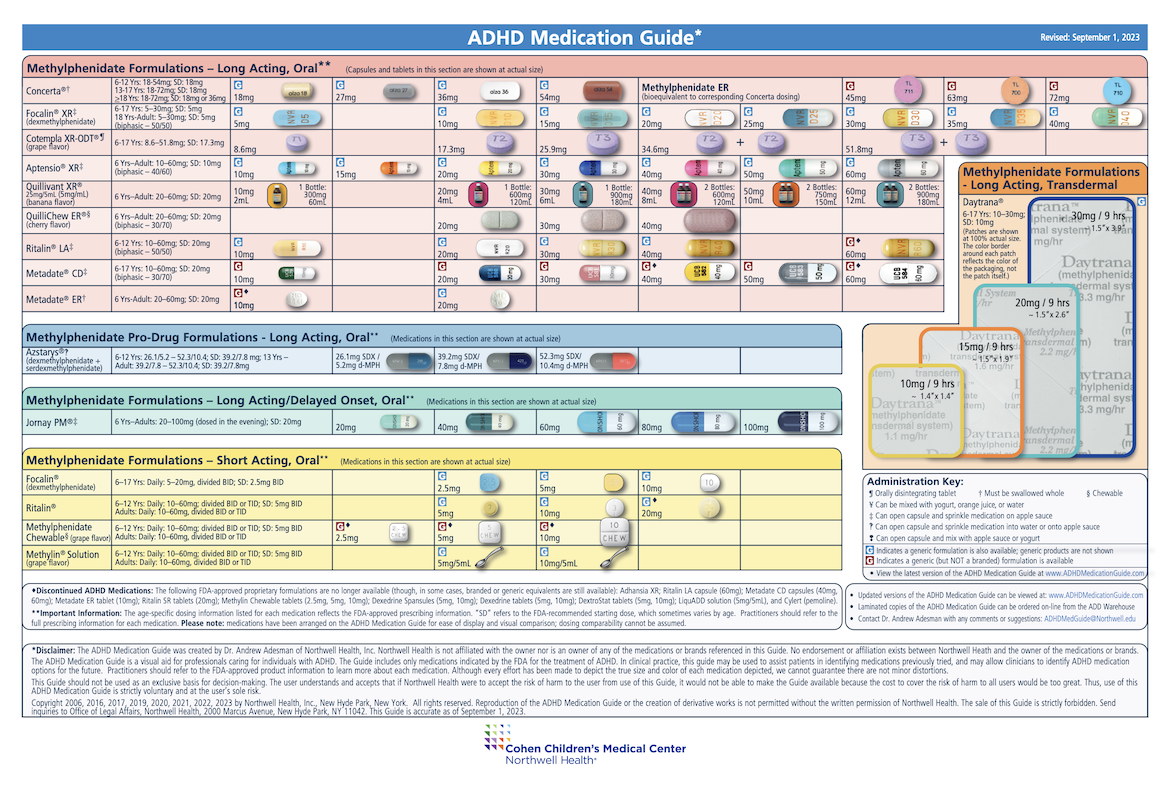Your Guide to Discovering the Right ADHD Therapy for Lasting Outcomes
Navigating the complexities of ADHD therapy calls for a nuanced understanding of both the condition and the myriad alternatives available for effective monitoring. It is vital to acknowledge that what jobs for one individual might not necessarily produce the very same results for another. Hence, a tailored strategy-- including professional guidance, medication, behavior approaches, and lifestyle changes-- comes to be critical. Nevertheless, the journey towards identifying one of the most suitable therapy plan can be filled with challenges. What are the vital variables that affect successful outcomes, and exactly how can individuals ensure they are on the ideal path?
Understanding ADHD and Its Influence

In adults, ADHD can lead to obstacles in office environments, affecting productivity, time monitoring, and social connections. Commonly, undiagnosed or incorrectly managed ADHD can add to co-occurring psychological health and wellness issues, such as anxiousness and anxiety, additional making complex a person's overall well-being.
The social understanding of ADHD can differ, leading to preconception and misunderstanding, which may impede individuals from looking for assistance. As awareness expands, it is important to foster a setting that promotes understanding and assistance for those impacted by ADHD, emphasizing the requirement for accurate medical diagnosis and tailored methods to reduce its influence on daily life.
Overview of Treatment Alternatives
A detailed approach to dealing with ADHD incorporates a range of alternatives tailored to the person's unique requirements. These alternatives can extensively be classified into behavioral treatments, psychoeducation, and lifestyle adjustments, along with pharmacological therapies that might be explored later.
Behavior treatments, such as cognitive-behavioral therapy (CBT), concentrate on changing specific habits and creating coping strategies to handle signs and symptoms effectively. Psychoeducation plays a vital role in empowering both people and their family members by providing information regarding ADHD, its obstacles, and reliable strategies for support.
Way of life adjustments can dramatically impact ADHD management. Routine physical task, a well balanced diet plan, and sufficient sleep add to general wellness and signs and symptom control. Mindfulness techniques and leisure strategies can additionally enhance focus and reduce impulsivity.
Support system and family therapy can foster a sense of community and understanding, helping people really feel less separated in their experiences. Each treatment option should be taken into consideration together with the person's preferences and circumstances, guaranteeing a holistic technique that promotes long-term success. Inevitably, the objective is to develop a tailored therapy plan that deals with the particular challenges associated with ADHD while boosting total high quality of life.
Medicine: Benefits And Drawbacks
Medication plays a crucial duty in the treatment of ADHD, with numerous alternatives readily available that can dramatically ease signs for numerous people. Energizers, such as methylphenidate and amphetamines, are typically prescribed and have actually shown performance in improving focus, lowering impulsivity, and enhancing overall actions. These medications function by boosting dopamine and norepinephrine levels in the mind, which are typically dysregulated in those with ADHD.
However, using medication is not without its obstacles. Some desert psychiatry individuals might experience negative effects, including sleep problems, reduced cravings, or enhanced anxiety. In addition, finding the appropriate dosage can be an experimental process, needing close monitoring by health care professionals. Furthermore, not all people react to energizer medications, leading some to check out non-stimulant choices, which might have a delayed beginning of activity or different adverse effects.
It is vital for people and their family members to weigh these pros and cons very carefully. Stabilizing the advantages of signs and symptom management against potential adverse effects is vital for attaining optimum therapy outcomes. Collaboration with healthcare suppliers can promote enlightened choices, making this link certain that drug belongs to a comprehensive ADHD management strategy.
Behavior Treatment Strategies

One generally employed method is Cognitive Behavioral Treatment (CBT), which aids people recognize and change unfavorable thought patterns that add to ADHD-related obstacles. Therapist for ADHD. Via CBT, customers learn to set reasonable goals, handle time properly, and develop business systems
An additional efficient technique is Parent Management Training (PMT), which educates parents on how to reinforce favorable actions and reduce adverse ones via consistent discipline and interaction approaches. This approach cultivates an encouraging home setting that urges behavior enhancements.
Social abilities training is likewise important, aiding individuals with ADHD browse social communications better. Role-playing and modeling ideal actions can enhance social capability and decrease anxiousness in social situations.
Lifestyle Modifications for Better Management
How can lifestyle adjustments substantially enhance the monitoring of ADHD symptoms? Applying you can check here calculated lifestyle adjustments can lead to considerable improvements in focus, company, and emotional guideline for individuals with ADHD.
First of all, establishing a structured day-to-day routine assists in developing predictability, which can reduce sensations of bewilder. Consistent routines for dishes, study, and rest can boost everyday performance.
Incorporating routine exercise is also vital, as workout has been shown to improve dopamine degrees, improving interest and inspiration (Therapist for ADHD). Intending for at the very least 30 minutes of modest workout most days can be useful
Nutrition plays a crucial role. A well balanced diet plan abundant in omega-3 fatty acids, entire grains, and protein can sustain cognitive function. Restricting refined sugars and caffeine may lower signs, as these can cause power collisions and irritability.
Conclusion
In conclusion, locating the ideal ADHD treatment necessitates a complex technique that considers specific requirements and preferences. Cooperation with health care professionals and open interaction with support networks are important parts in navigating the intricacies of ADHD administration, ultimately leading to long lasting results and enhanced quality of life.